
The United States National Security Council (NSC) is the principal forum used by the president of the United States for consideration of national security, military, and foreign policy matters. Based in the White House, it is part of the Executive Office of the President of the United States, and composed of senior national security advisors and Cabinet officials.

William Alison "Bill" Anders is an American former United States Air Force (USAF) major general, former electrical engineer, nuclear engineer, NASA astronaut, and businessman. In December 1968, he was a member of the crew of Apollo 8, the first three people to leave low Earth orbit and travel to the Moon. Along with fellow astronauts Frank Borman and Jim Lovell, Anders circled the Moon ten times, and broadcast live images and commentary back to Earth. During one of the mission's lunar orbits, he took the iconic Earthrise photograph.
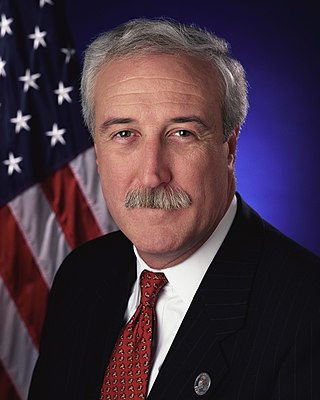
Sean Charles O'Keefe is a university professor at Syracuse University Maxwell School, former chairman of Airbus Group, Inc., former Secretary of the Navy, former Administrator of NASA, and former chancellor of Louisiana State University (LSU). He is a former member of the board of directors of DuPont.
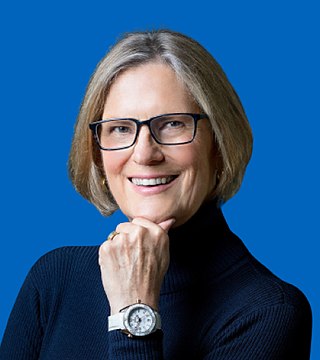
Kathryn Dwyer Sullivan is an American geologist, oceanographer, and former NASA astronaut and US Navy officer. She was a crew member on three Space Shuttle missions.

Frederick Hamilton "Rick" Hauck is a retired captain in the United States Navy, a former fighter pilot and NASA astronaut. He piloted Space Shuttle mission STS-7 and commanded STS-51-A and STS-26.

Richard Harrison Truly was an American fighter pilot, engineer and astronaut who served as a vice admiral in the United States Navy and as the eighth administrator of the National Aeronautics and Space Administration (NASA) from 1989 to 1992. He was the first former astronaut to head the space agency.

Norman Ralph "Norm" Augustine is a U.S. aerospace businessman who served as United States Under Secretary of the Army from 1975 to 1977. Augustine served as chairman and CEO of the Lockheed Martin Corporation. He was chairman of the Review of United States Human Space Flight Plans Committee.

Shana L. Dale is an American politician and lawyer. She served as the Deputy Administrator of the National Aeronautics and Space Administration (NASA) in the George W. Bush administration from 2005 to 2009.

The Coalition for Deep Space Exploration is a United States space advocacy organization for space industry businesses and non-profit groups supporting continued government investment in space exploration.
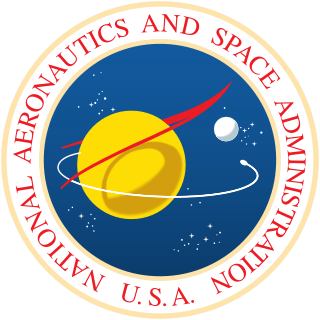
The administrator of the National Aeronautics and Space Administration is the highest-ranking official of NASA, the national space agency of the United States. The administrator is NASA's chief decision maker, responsible for providing clarity to the agency's vision and serving as a source of internal leadership within NASA. The office holder also has an important place within United States space policy, and is assisted by a deputy administrator.

The President's Council of Advisors on Science and Technology (PCAST) is a council, chartered in each administration with a broad mandate to advise the president of the United States on science and technology. The current PCAST was established by Executive Order 13226 on September 30, 2001, by George W. Bush, was re-chartered by Barack Obama's April 21, 2010, Executive Order 13539, by Donald Trump's October 22, 2019, Executive Order 13895, and by Joe Biden's February 1, 2021, Executive Order 14007.
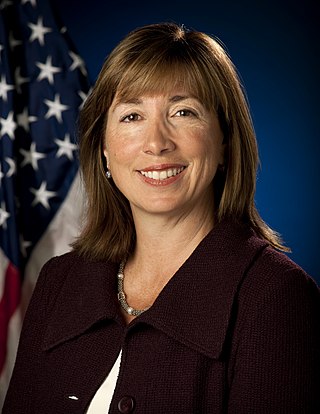
Lori Beth Garver is a former Deputy Administrator of the National Aeronautics and Space Administration (NASA). She was nominated on May 24, 2009, by President Barack Obama, along with Charles Bolden as NASA Administrator. She was confirmed by the United States Senate by unanimous consent on July 15, 2009. She left the position in September 2013 to become General Manager of the Air Line Pilots Association.
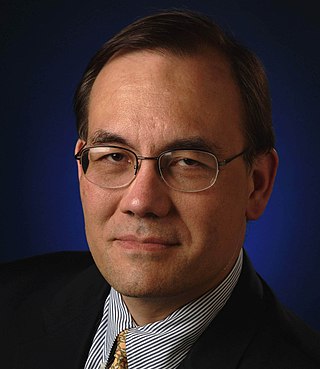
Scott Norman Pace currently serves as Director of the Space Policy Institute, Director of the Institute for International Science and Technology Policy and Director of the MA International Science and Technology Policy program at the George Washington University's Elliott School of International Affairs. He served as the Executive Secretary of the National Space Council from July 2017 to January 2021, when he resigned. Pace was formerly the Director of the Space Policy Institute at the Elliott School of International Affairs at George Washington University, where he was also a Professor of the Practice of International Affairs.
The Advisory Committee on the Future of the United States Space Program, commonly known as the Augustine Committee, was a 1990 space policy group requested by Vice President Dan Quayle, chairman of the National Space Council. The objective of the committee was to evaluate the long-term future of NASA and the United States civilian space program. The committee's final report recommended that the space program should comprise five activities—space science, Earth science, human spaceflight, space technology and space transportation—with space science as the highest priority for funding. It also proposed an unmanned launch vehicle to replace some Space Shuttle launches, and a scaled-back redesign of space station Freedom.

The space policy of the United States includes both the making of space policy through the legislative process, and the implementation of that policy in the United States' civilian and military space programs through regulatory agencies. The early history of United States space policy is linked to the US–Soviet Space Race of the 1960s, which gave way to the Space Shuttle program. At the moment, the US space policy is aimed at the exploration of the Moon and the subsequent colonization of Mars.
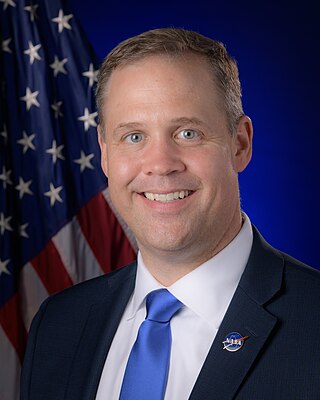
James Frederick Bridenstine is an American military officer and politician who served as the 13th administrator of the National Aeronautics and Space Administration (NASA). Bridenstine was the United States representative for Oklahoma's 1st congressional district, based in Tulsa from January 3, 2013, to April 23, 2018. He is a member of the Republican Party. Bridenstine currently works in the private sector and holds positions at Voyager Space Holdings, Viasat, Acorn Growth Companies and Firefly Aerospace.

Planning for the presidential transition of Donald Trump, led by then vice president-elect, former governor Mike Pence of Indiana, began before Donald Trump won the United States presidential election on November 8, 2016, and became the president-elect. Trump was formally elected by the Electoral College on December 19, 2016. The transition was formerly led by Chris Christie until he and a number of his supporters were replaced or demoted on November 11. The results were certified by a joint session of Congress on January 6, 2017, and the transition ended when Trump was inaugurated at noon EST on January 20, 2017.

The space policy of the Donald Trump administration, as of December 2020, comprises six Space Policy Directives and an announced "National Space Strategy", representing a directional shift from the policy priorities and goals of his predecessor, Barack Obama. A National Space Policy was issued on December 9, 2020.
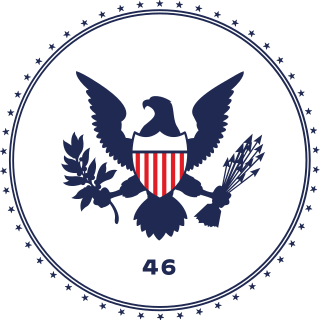
The presidential transition of Joe Biden began on November 7, 2020, and ended on January 20, 2021. Unlike previous presidential transitions, which normally take place during the roughly 10-week period between the election in the first week of November and the inauguration on January 20, Biden's presidential transition was shortened somewhat because the General Services Administration under the outgoing Trump administration did not recognize Biden as the "apparent winner" until November 23.





















